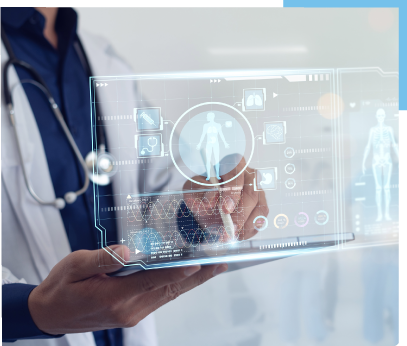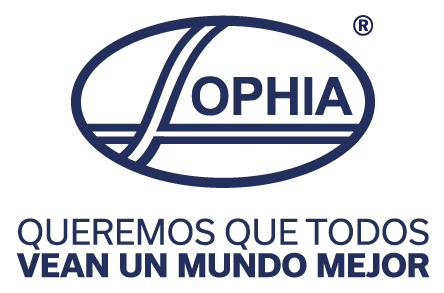Network of

For Sophia® Laboratories, your well-being is our top priority. That is why we have a Pharmacovigilance and Technovigilance Unit, dedicated to continuously and rigorously evaluate the safety of our products. This unit operates with an impartial, ethical and scientific approach, complying with national and international regulations, which allows us to constantly improve the safety of our drugs and medical devices.
Adverse reaction reports are crucial to our work, as they help us to carry out this evaluation. The UFTLS is responsible for receiving, verifying and analyzing these reports, and notifying the Ministry of Health when necessary.
Adverse event or reaction report
If you suspect that you have experienced an adverse reaction when using our products, please click the button and notify us.
What is
pharmacovigilance?

According to the World Health Organization (WHO), pharmacovigilance is the science and activities dedicated to detecting, assessing, understanding and preventing the side effects of medicines, as well as any other drug-related problems. In other words, its main objective is to identify and prevent adverse reactions caused by medicines, to ensure the safety of users.
For this to be possible, it is essential that health professionals, patients and users in general report any suspected adverse reaction, whether expected or unexpected, to the pharmaceutical laboratory and/or the health authority. Your collaboration is key to keeping us all safe.
What is
tecnovigilance?
The NOM-240-SSA1-2012 defines technovigilance as the A set of activities that seeks to identify and evaluate any problems that may be caused by medical devices during use. This includes identifying the associated risk factors, by reporting, recording and evaluating these incidents, to understand how often they occur, how serious they are and how to prevent them.
Like pharmacovigilance, the main objective of technovigilance is to protect the safety of users by ensuring that any problems are detected and handled quickly to minimize risks.

What is
the adverse reaction?

The WHO defines an adverse drug reaction as any negative and unexpected effect that occurs when using the drug in the recommended doses to treat, prevent or diagnose a disease.
In addition to these adverse reactions, it is also important to report other drug-related problems or concerns, such as:
- Overdose and abuse
- Misuse
- Exposure at work
- Self-medication
- Lack of efficiency
- Use during pregnancy or lactation
- Suspicion of counterfeiting
- Medication errors

We want to meet you
If our vision of the world inspires you to be part of this great project that brings wellness, health and hope to people, do not hesitate to contact us.









